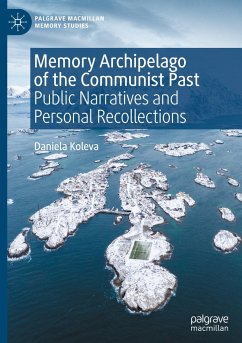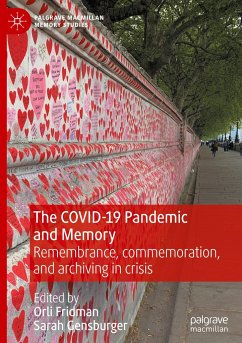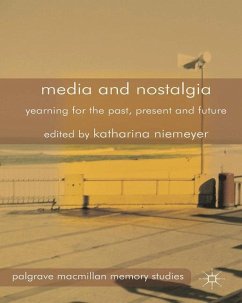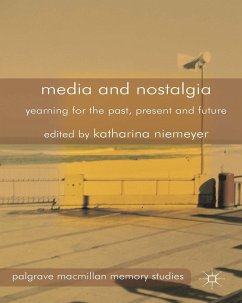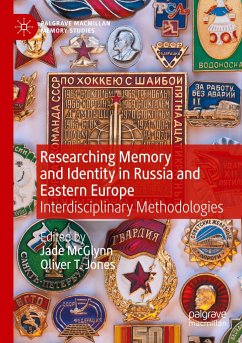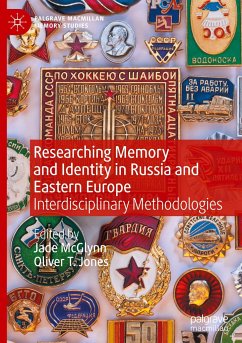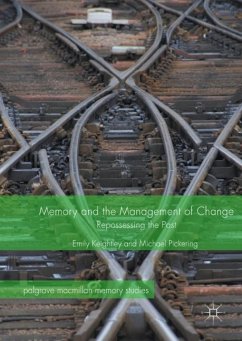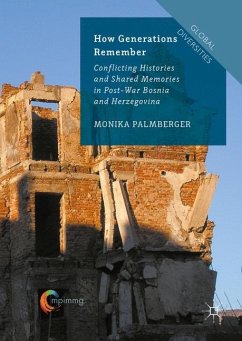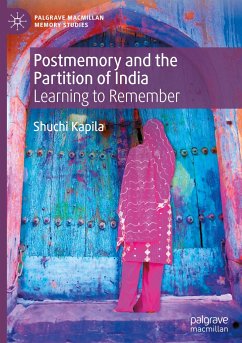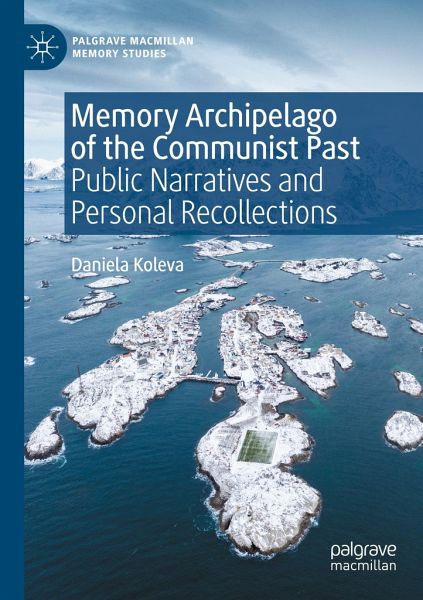
Memory Archipelago of the Communist Past
Public Narratives and Personal Recollections
Versandkostenfrei!
Versandfertig in 6-10 Tagen
91,99 €
inkl. MwSt.
Weitere Ausgaben:

PAYBACK Punkte
46 °P sammeln!
This book looks at the memory of the communist past in Central and Eastern Europe, with a particular focus on Bulgaria: its "official" memory, constructed by institutions, its public memory, molded by media, rituals, books and films and the urban environment, and the everyday or 'vernacular' memory. It investigates how the recent past is remembered and the circumstances upon which this memory is conditioned - how is communism/socialism construed as a public recollection? Do these processes differ in the distinct post-communist countries? The book's first part traces the institutional and polit...
This book looks at the memory of the communist past in Central and Eastern Europe, with a particular focus on Bulgaria: its "official" memory, constructed by institutions, its public memory, molded by media, rituals, books and films and the urban environment, and the everyday or 'vernacular' memory. It investigates how the recent past is remembered and the circumstances upon which this memory is conditioned - how is communism/socialism construed as a public recollection? Do these processes differ in the distinct post-communist countries? The book's first part traces the institutional and political dimensions of coping with the communist past and the second part concentrates on personal reminiscences and vernacular memory. The book will be of interest for researchers and students in the fields of memory studies, Central and East European studies, oral history and contemporary history, as well as for specialists at institutions of memory and memory activists and organisations.





